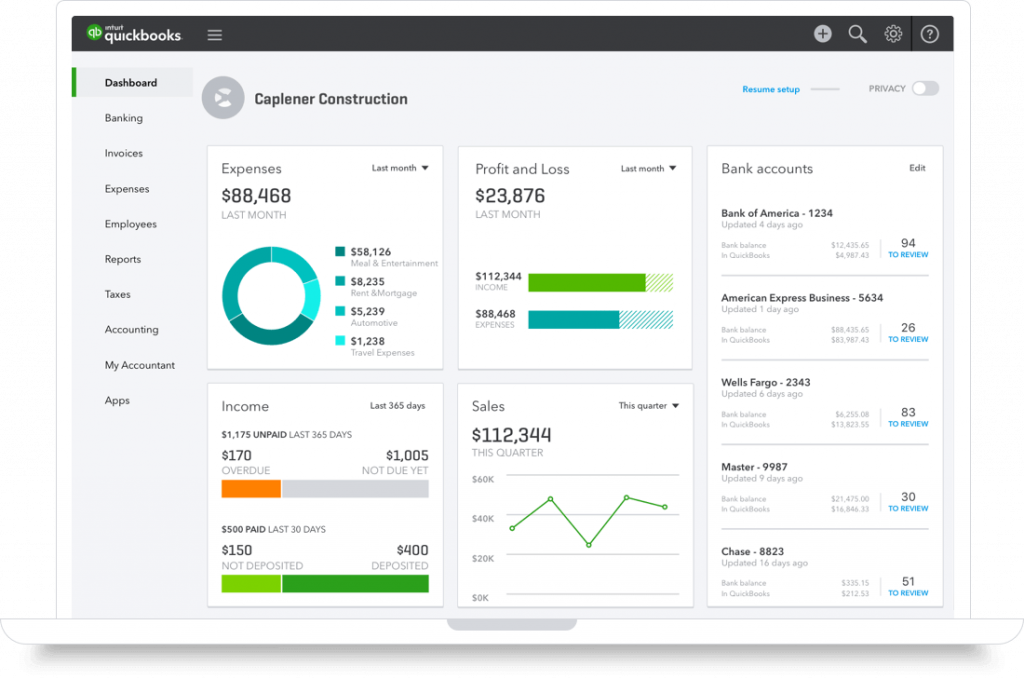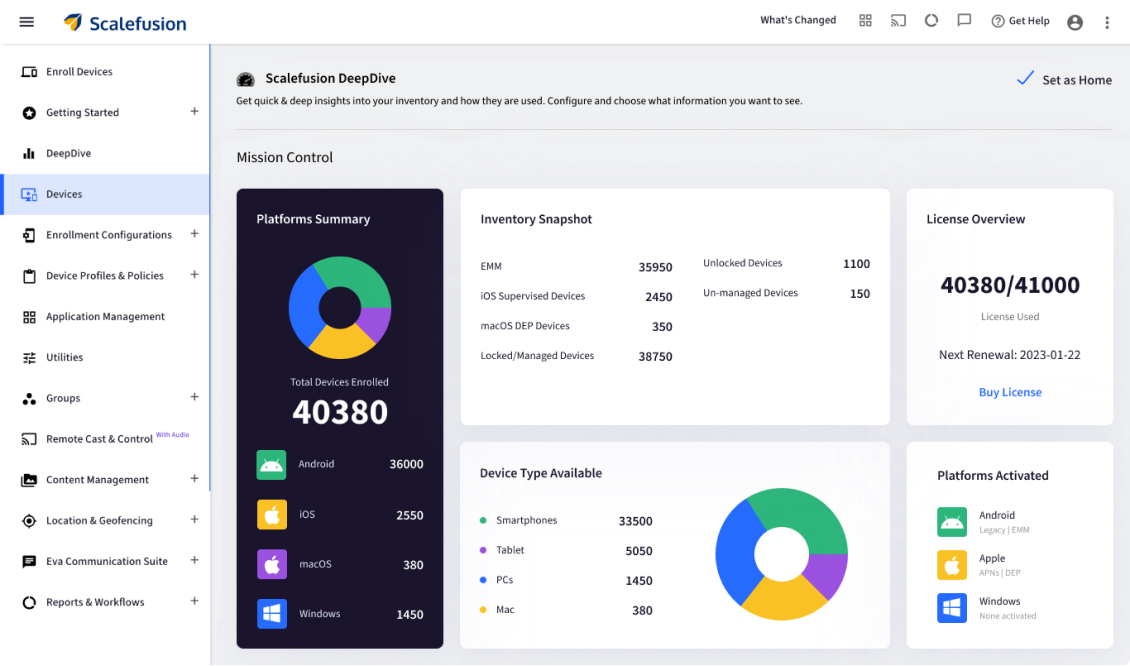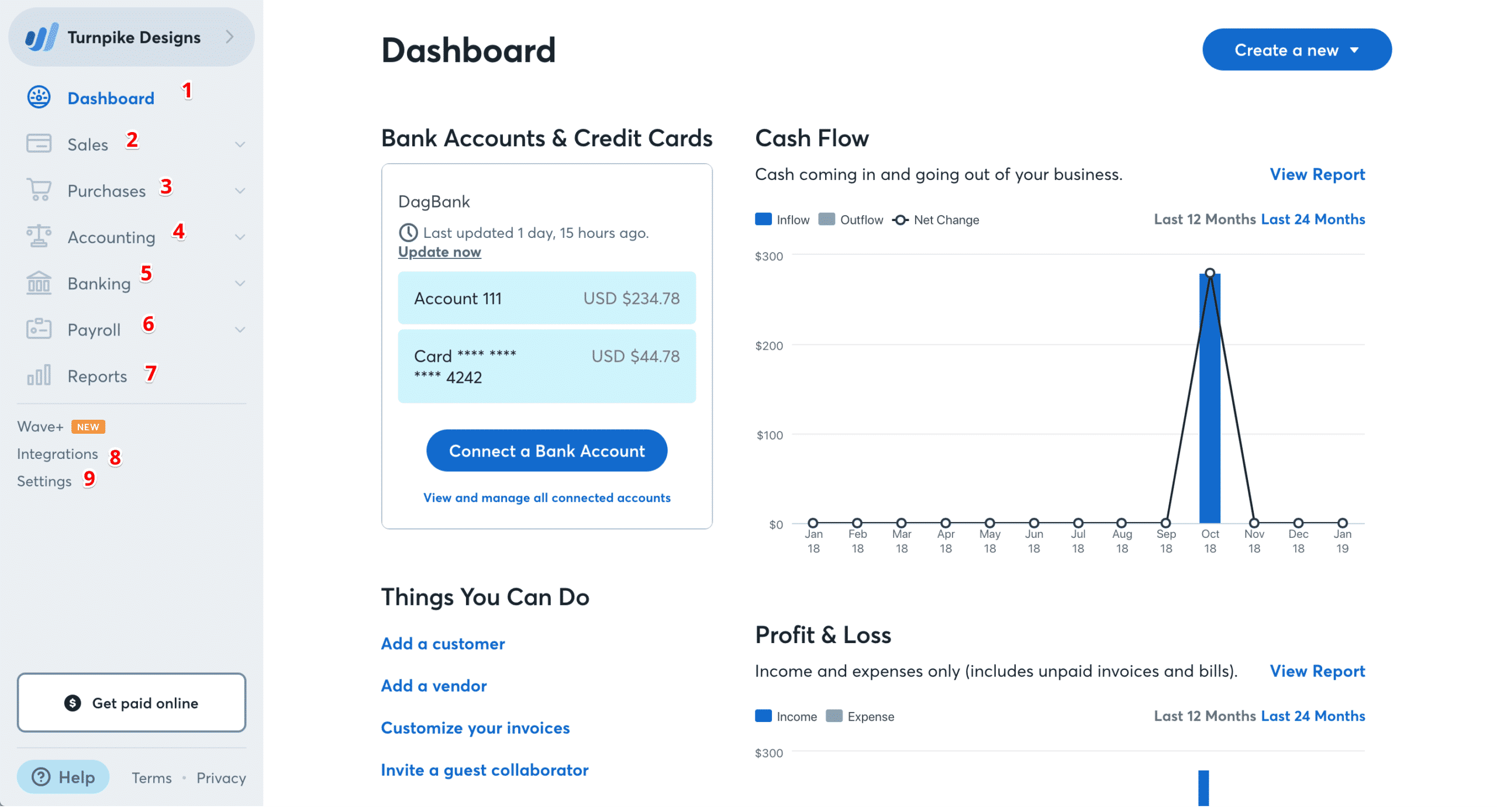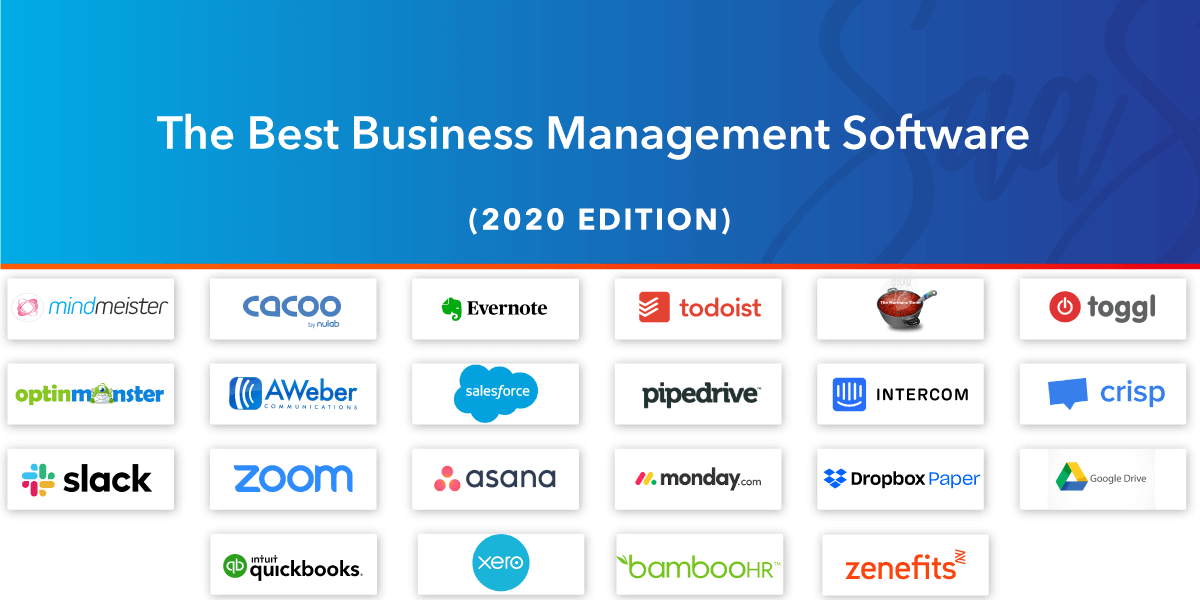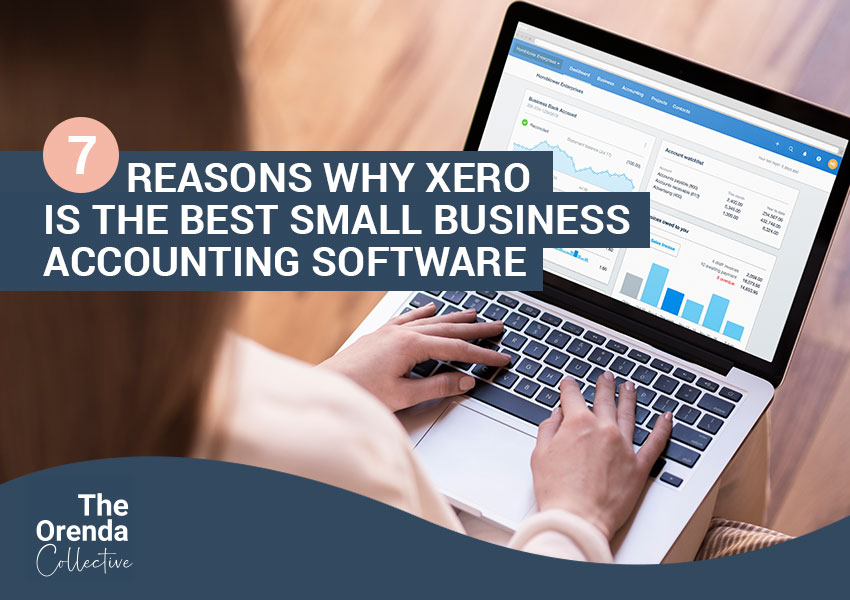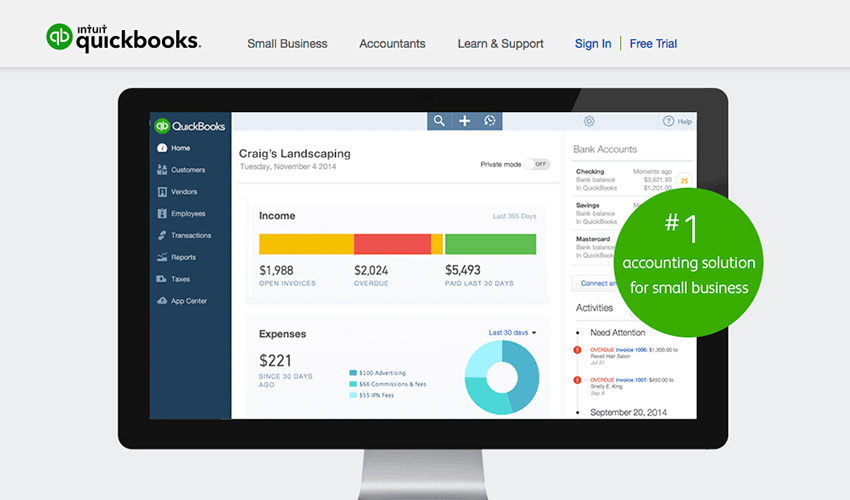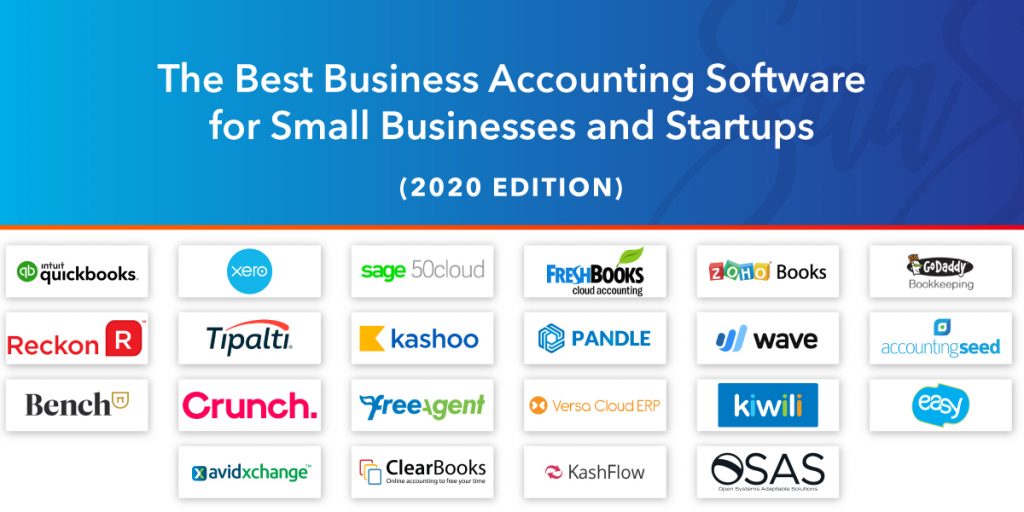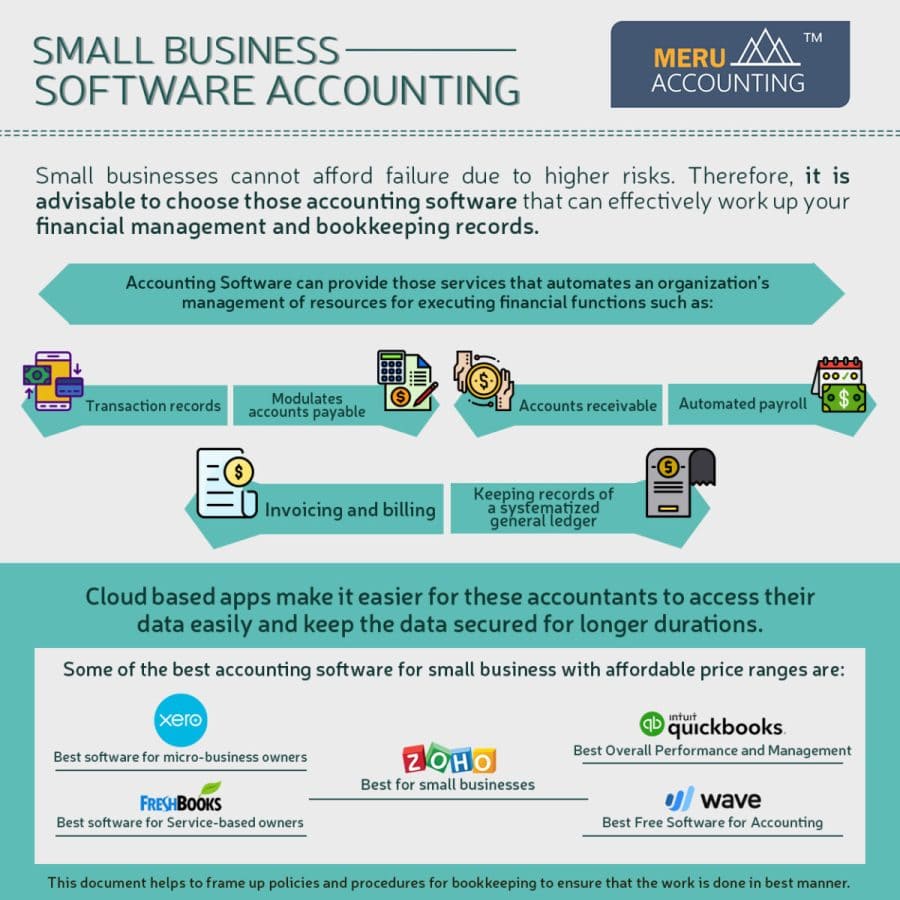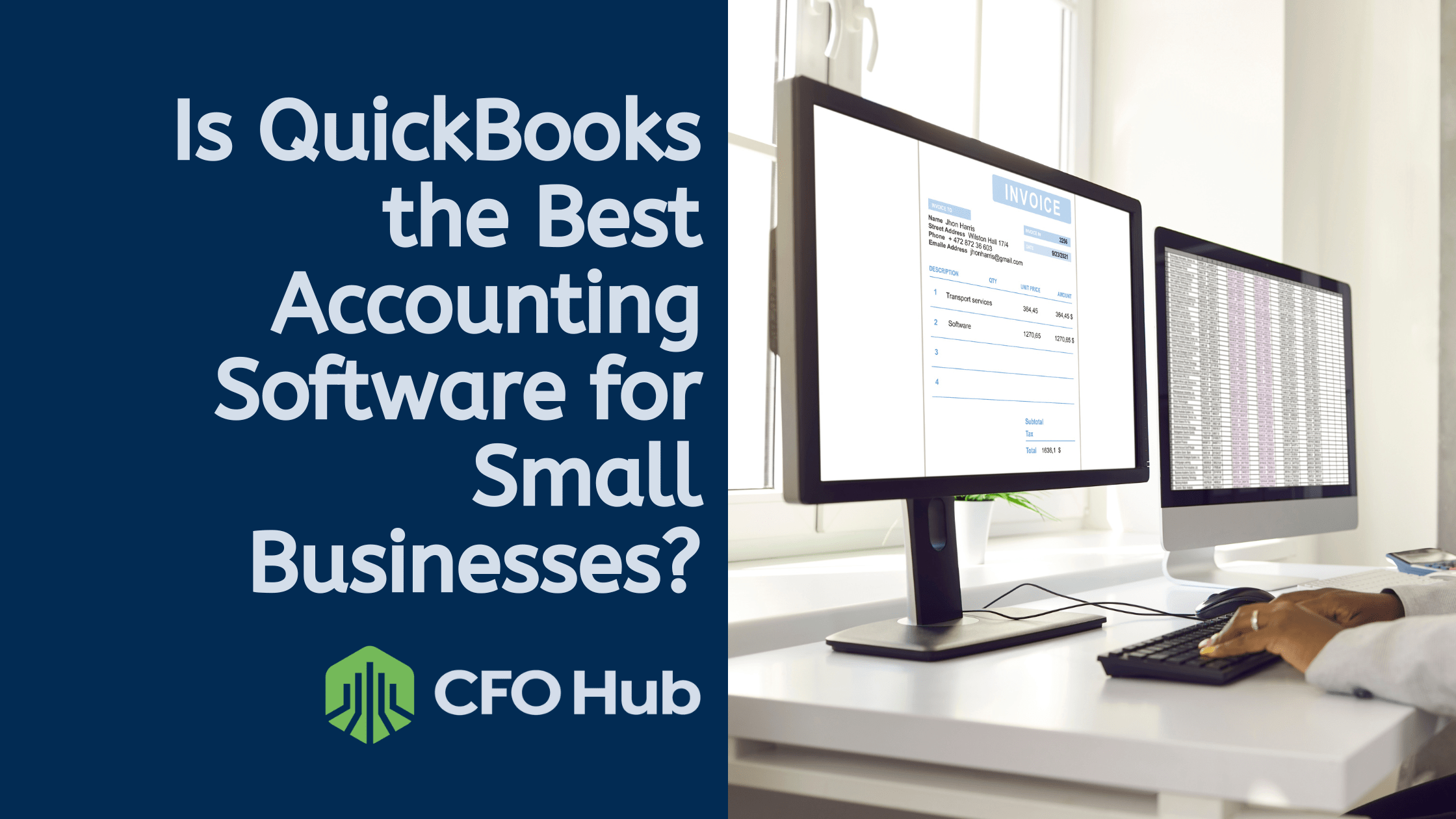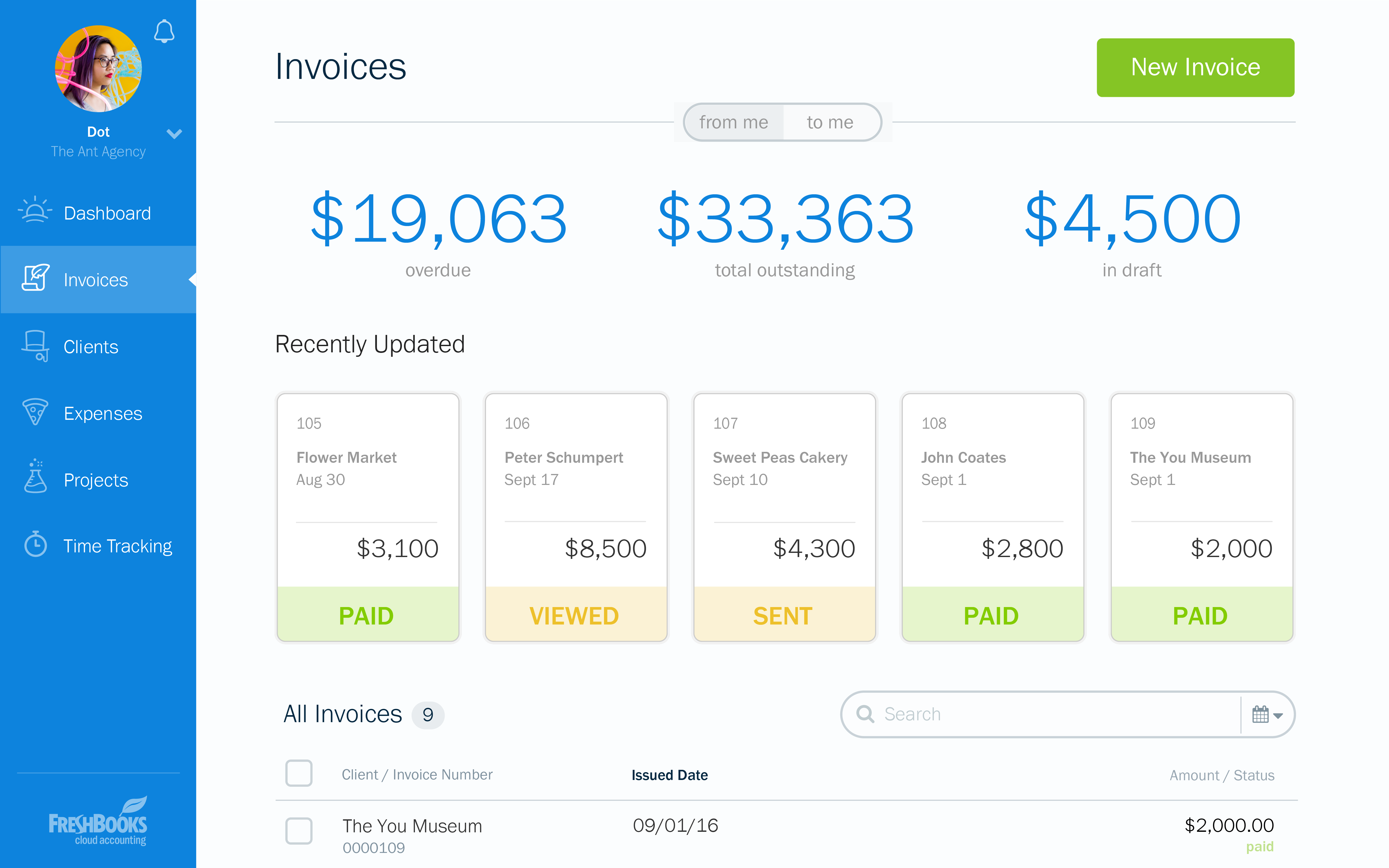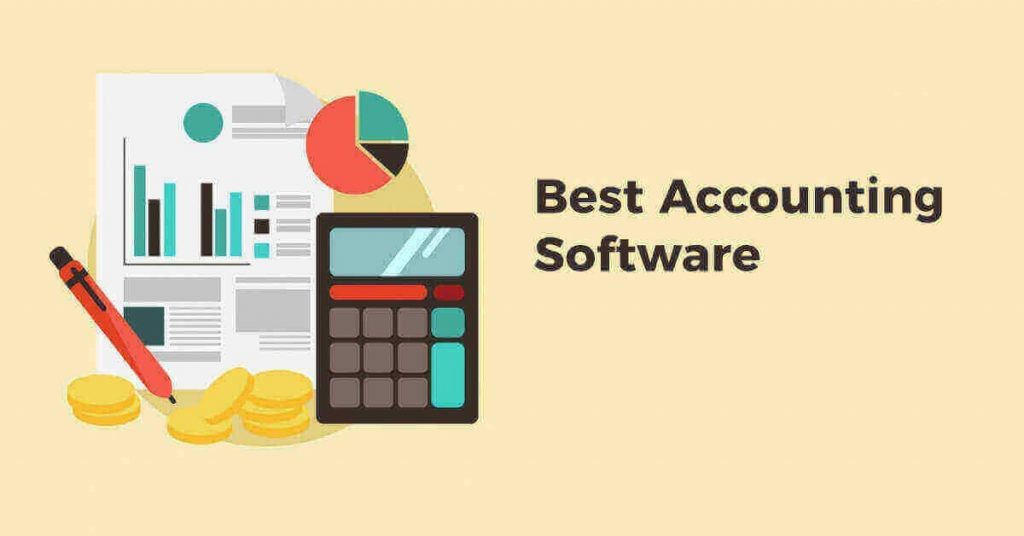Top Small Business Software
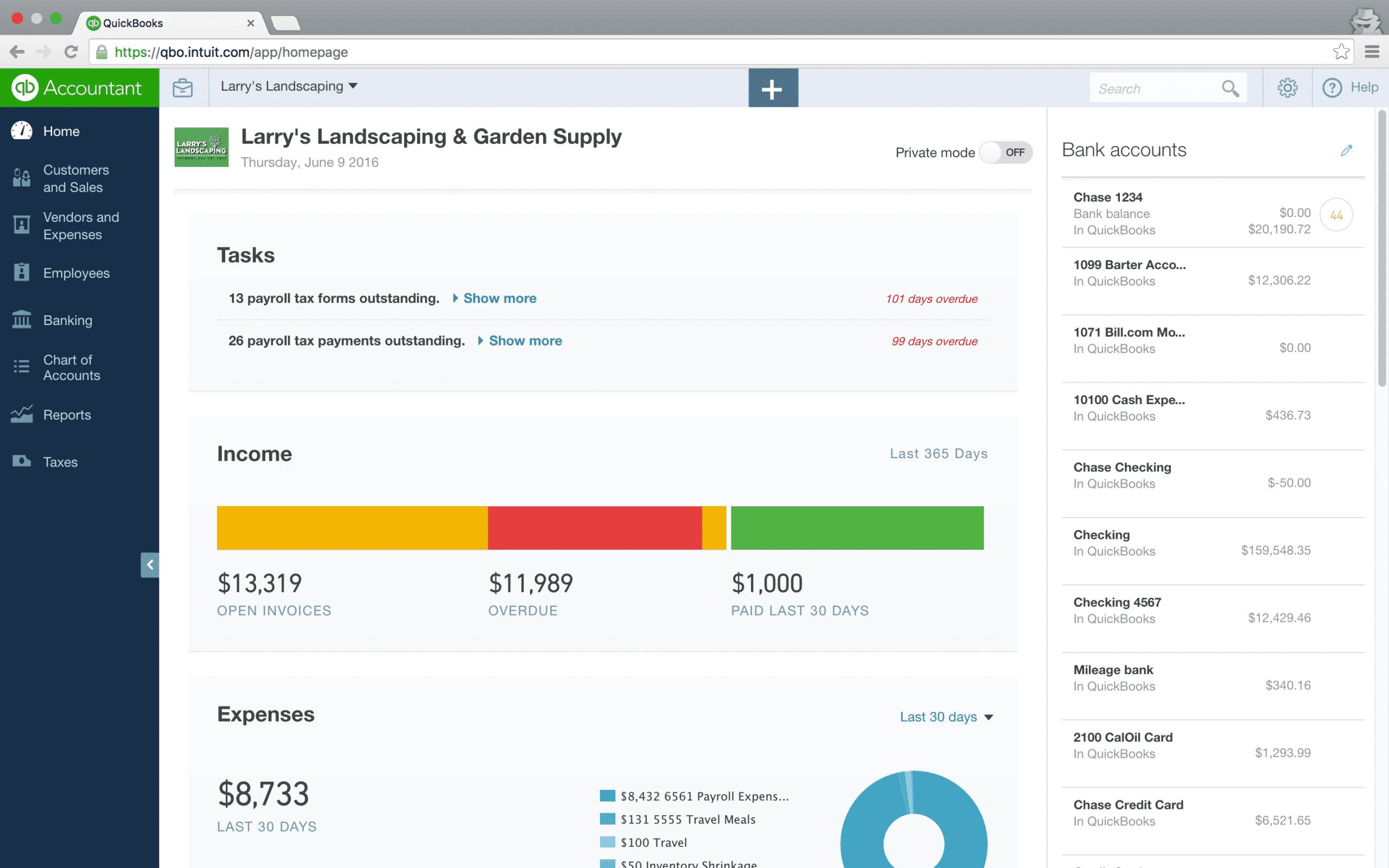
So, you're launching a small business? Congratulations! But beyond the passion and the dream, lies the nitty-gritty: managing your operations efficiently. That's where the right software comes in, turning chaos into streamlined success.
This guide is designed for first-time business owners feeling overwhelmed by the sheer volume of software options. We'll break down the essentials, focusing on the top contenders in the market and giving you the knowledge to choose what's best for your specific needs.
Why Small Business Software Matters
Imagine trying to build a house with just a hammer and your bare hands. You might get somewhere, eventually, but it will be inefficient and painful. Small business software acts as your toolbox, offering specialized tools to manage everything from accounting and customer relationships to project management and marketing.
Investing in the right software early on can save you time, money, and countless headaches down the line. It's about working smarter, not harder, so you can focus on what you do best: growing your business.
Top 5 Small Business Software Solutions: A Quick Comparison
Here’s a head-to-head comparison of five popular software solutions, covering key features and pricing. Remember, the best choice depends on your individual business requirements.
| Software | Price (per month) | Key Features | Customer Support | Warranty/Trial |
|---|---|---|---|---|
| Zoho CRM | $14 - $52 (per user) | Sales automation, marketing automation, contact management, reporting | 24/7 email, phone, and chat support | 15-day free trial |
| QuickBooks Online | $30 - $200 (depending on features) | Invoicing, expense tracking, payroll, reporting | 24/7 chat support, phone support (limited hours) | 30-day free trial |
| Asana | $0 - $24.99 (per user) | Task management, project planning, collaboration tools | Email support, online knowledge base | 30-day free trial |
| HubSpot CRM | Free - $500+ (depending on features) | Contact management, sales tools, marketing tools, customer service tools | Email support, online knowledge base, phone support (higher tiers) | Free version available |
| Monday.com | $9 - $19 (per user) | Project management, workflow automation, team collaboration | 24/7 email support, online knowledge base | 14-day free trial |
Detailed Reviews: Diving Deeper
Let's take a closer look at each software, highlighting their strengths, weaknesses, and ideal use cases.
Zoho CRM: The All-In-One Sales Powerhouse
Zoho CRM is a comprehensive solution designed for businesses focused on sales and marketing. It offers a wide range of features, including lead management, sales automation, and reporting. The platform can be complex to learn initially, but its robust functionality and scalability make it a strong contender for growing businesses.
QuickBooks Online: Accounting Made (Relatively) Easy
QuickBooks Online dominates the small business accounting software market for good reason. It simplifies bookkeeping tasks, streamlines invoicing, and provides powerful reporting tools. While it can be pricey, its integration with other business apps makes it a valuable asset for managing your finances.
Asana: Project Management for Collaborative Teams
Asana excels at project management and team collaboration. It's a highly visual platform that helps teams organize tasks, track progress, and stay on schedule. Its intuitive interface and free plan make it an attractive option for smaller teams with basic project management needs.
HubSpot CRM: Free Power and Paid Potential
HubSpot CRM is known for its generous free version, offering essential contact management and sales tools. As your business grows, you can upgrade to paid plans to unlock advanced marketing and customer service features. It integrates seamlessly with other HubSpot products, creating a powerful marketing and sales ecosystem.
Monday.com: Visually Driven Project Management
Monday.com is known for its visually appealing and highly customizable interface. It excels at project management, workflow automation, and team collaboration. Its flexible platform can be adapted to various industries and business processes, making it a versatile choice for growing teams.
Used vs. New: Weighing Your Options
While you can't exactly buy "used" software in the traditional sense, you can choose between established software (with existing reviews and large user bases) and newer, potentially cheaper, alternatives.
Established Software (e.g., QuickBooks): Pros include a large community for support, extensive documentation, and integrations with other popular tools. Cons can include higher prices and potentially outdated interfaces.
Newer Software: Pros can include innovative features, lower prices, and a focus on modern design. Cons include fewer user reviews, limited integrations, and potential instability.
Reliability Ratings by Brand
Determining the "reliability" of software can be subjective, but customer reviews and industry reports offer valuable insights. Here's a general overview:
- Zoho: Generally reliable, with a strong focus on security and uptime.
- QuickBooks: A stable platform with a large user base, but occasional glitches can occur.
- Asana: Known for its user-friendly interface and reliable performance.
- HubSpot: A robust platform with a good track record for uptime and security.
- Monday.com: A modern platform with a strong focus on performance and scalability.
Checklist: 5 Must-Check Features Before Buying
Before you commit to any software, make sure it ticks these boxes:
- Scalability: Can the software grow with your business?
- Integration: Does it integrate with your existing tools?
- Ease of Use: Is it intuitive and easy to learn for you and your team?
- Customer Support: What level of support is available?
- Security: How does the software protect your data?
Key Takeaways
Choosing the right small business software is a crucial decision. Each software has its own strengths and weaknesses, and the best choice depends on your unique needs and budget. Be sure to consider scalability, integrations, ease of use, customer support, and security before making a decision.
Don't rush the process. Take advantage of free trials, read reviews, and talk to other business owners to get their recommendations. Remember, investing in the right software is an investment in the future success of your business.
Ready to take the next step? Start by identifying your core business needs and researching the software options that best address those needs. Sign up for free trials and test out the software to see if it's a good fit for you and your team. Good luck!
